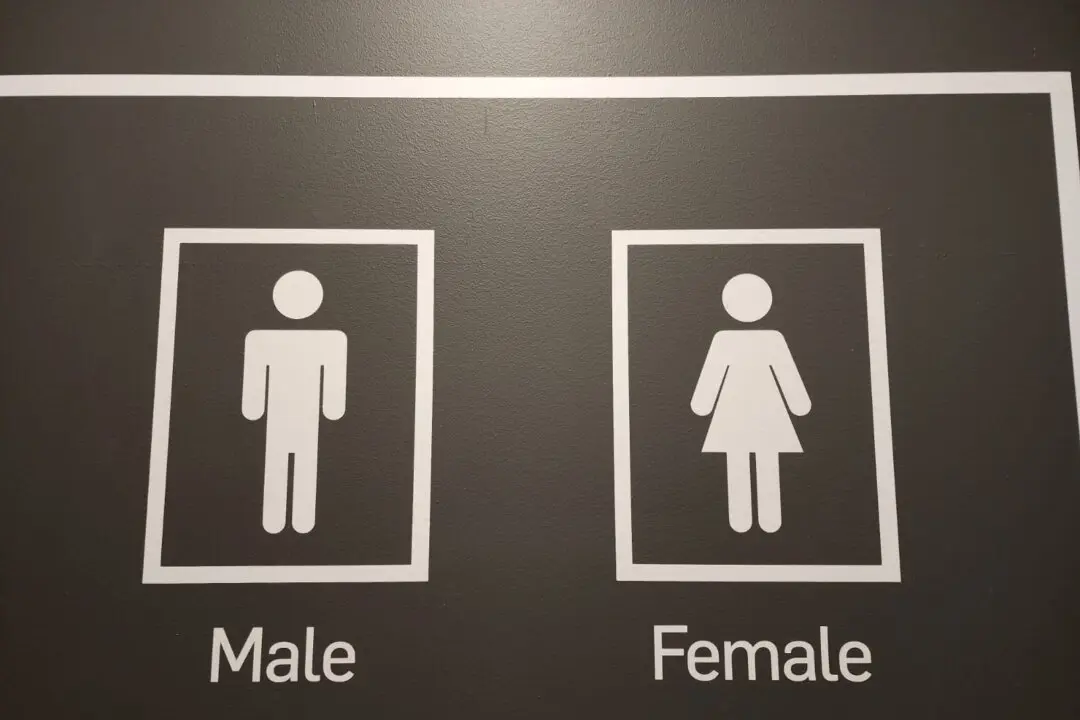Steve Wozniak, the co-founder of Apple, is predicting that artificial intelligence would transform the nature of scams and make them more convincing and is expecting stricter laws to control the use of such technologies.
“AI is so intelligent it’s open to the bad players, the ones that want to trick you about who they are,” Wozniak said in an interview with BBC. Though AI won’t replace human beings as it lacks emotion, the technology can make bad actors more convincing, he said, pointing to the ChatGPT AI that can generate text which sounds “so intelligent.”





